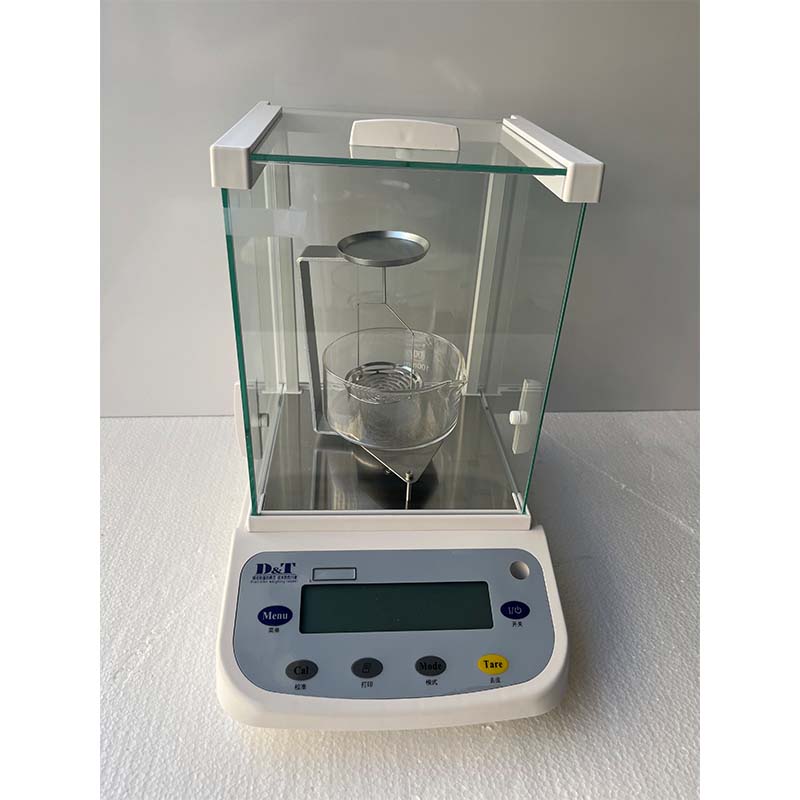Advanced Electronic Tensile Testing Systems for Material Strength Evaluation and Research Applications
The Role of Electronic Tensile Testing Machines in Material Science
In the realm of material science and engineering, understanding the mechanical properties of materials is crucial for enhancing performance and safety across various applications. One of the fundamental methods for assessing these properties is tensile testing, which measures a material's response to tension. Electronic tensile testing machines have revolutionized this process, offering precision, efficiency, and new capabilities that traditional mechanical testing systems could not achieve.
Electronic tensile testing machines operate through a combination of electronic controls and sophisticated measurement systems. Unlike their mechanical counterparts that rely on manual adjustments and gauges, electronic machines utilize advanced sensors and digital data acquisition systems to deliver accurate real-time readings of stress and strain during the testing process. This not only improves the precision of the results but also minimizes human error, enhancing the overall reliability of the data obtained.
One of the primary advantages of electronic tensile testing machines is their speed and efficiency. Digital controls allow for rapid adjustments to load application, enabling tests to be conducted at varying speeds and under different conditions. This flexibility is essential for material research, as it allows scientists and engineers to simulate real-world scenarios and better understand how materials behave under different load conditions. For instance, tests can be performed at high strain rates to model impact situations, or under controlled conditions to assess materials' performance in environments with extreme temperatures or humidity.
electronic tensile testing machine

The integration of software in electronic tensile testing machines further augments their capabilities. Modern machines are equipped with user-friendly interfaces that allow researchers to set up experiments, define testing protocols, and analyze results with ease. The software often includes features for data visualization, which helps in interpreting stress-strain curves and other critical material properties. With the click of a button, researchers can generate comprehensive reports that provide insights into yield strength, tensile strength, elongation, and modulus of elasticity, all essential metrics in characterizing materials.
Moreover, electronic tensile testing machines contribute significantly to the field of quality control in manufacturing. Industries such as aerospace, automotive, and construction require materials that meet stringent safety and performance standards. By employing electronic tensile testing, manufacturers can ensure that their materials consistently meet specifications before they are used in critical applications. Regular testing not only helps prevent potential failures but also fosters continuous improvement in material selection and processing.
In the context of research and development, these machines play a pivotal role. They provide researchers with the tools needed to innovate and develop new materials, particularly in fields like aerospace and nanotechnology where the requirements for material performance are continuously evolving. High-throughput testing capabilities allow for rapid screening of new compounds, aiding in the discovery of advanced materials with superior properties.
In conclusion, electronic tensile testing machines are an indispensable asset in the study of material properties and the development of new materials. Their capacity for precision, efficiency, and comprehensive data analysis makes them an optimal choice for both research laboratories and industrial applications. As technology continues to evolve, the role of these machines in enhancing our understanding of materials and ensuring their integrity in various applications will only become more significant, paving the way for safer and more innovative engineering solutions. Whether for academic research or industrial quality assurance, electronic tensile testing machines have established themselves as a cornerstone of modern material testing.
-
Why the Conductor Resistance Constant Temperature Measurement Machine Redefines Precision
NewsJun.20,2025
-
Reliable Testing Starts Here: Why the High Insulation Resistance Measuring Instrument Is a Must-Have
NewsJun.20,2025
-
Flexible Cable Flexing Test Equipment: The Precision Standard for Cable Durability and Performance Testing
NewsJun.20,2025
-
Digital Measurement Projector: Precision Visualization for Modern Manufacturing
NewsJun.20,2025
-
Computer Control Electronic Tensile Tester: Precision and Power for the Modern Metal Industry
NewsJun.20,2025
-
Cable Spark Tester: Your Ultimate Insulation Assurance for Wire and Cable Testing
NewsJun.20,2025
 Copyright © 2025 Hebei Fangyuan Instrument & Equipment Co.,Ltd. All Rights Reserved. Sitemap | Privacy Policy
Copyright © 2025 Hebei Fangyuan Instrument & Equipment Co.,Ltd. All Rights Reserved. Sitemap | Privacy Policy
